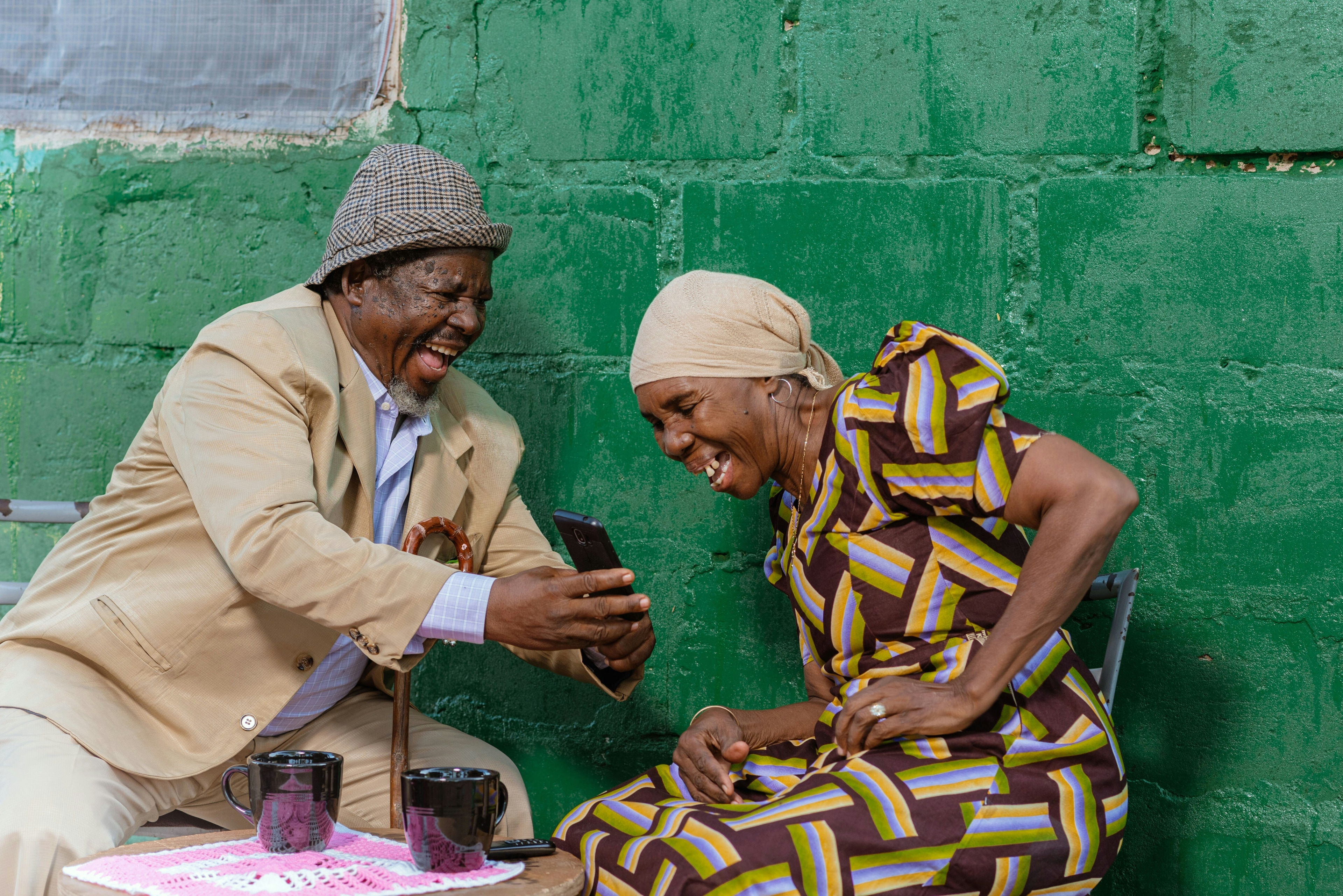Faith, the internet and improving the state of the world

Image: REUTERS/Kim Kyung-Hoon
Our world is undergoing massive transformations thanks to developments in internet and communication technologies. As Professor Klaus Schwab, Founder and Executive Chairman of the World Economic Forum has noted, the Fourth Industrial Revolution is well under way and there is a dire need to develop a “shared view of how technology is affecting our lives and reshaping our economic, social, cultural, and human environments.”
In true McLuhan fashion, we may be so immersed in these technological changes that it is hard for us to see how quickly our society is transforming. Only by looking back in the rear view mirror at our progress do we realize how far we have gone and how much we have changed.
Despite the enormous cultural and societal transformations associated with the technological developments of the Fourth Industrial Revolution, faith and religious practices continue to be important components of our wired world. Although it may come as a surprise, when Time Warner did a study of websites on the early World Wide Web, they found there were three times as many sites related to religion and spirituality than there were about sex. Within the current DMOZ (Google’s Open Directory Project of Websites), Religion and Spirituality is by far the largest category within the society section. Surprisingly, there are almost as many websites concerning religion and spirituality as the entire science category combined.
As our culture has become wired, so has our faith. What is important to recognize with all this online religious and spiritual activity is the developing role it now plays within the wired environment itself. Most people are aware of the extremes of faith online, namely using the internet as a recruitment and propaganda tool for violent religious sects. Although this is happening, using mass media to initiate extremism is nothing new and throughout human history the available media has always been a tool of extremists.
However, a significant aspect of faith online is the role of the “end user” in the web 2.0 equation. Often called the “spiritualizing of the internet,” you cannot underestimate the overwhelming responses initiated online to counter this type of extremist activity. What needs to be recognized is the enormous positive effect faith is having in the online world. For example, social media has been one of the most effective tools for countering negative stereotypes and uniting popular opinion against extremism. Raising awareness, sharing news and information, providing counter-narratives and uniting diverse groups of people based upon their concern for the wellbeing of others has enormous influence. When a grassroots movement goes viral due to a short video and a hashtag (e.g., #illridewithyou), the impact can be overwhelming, long lasting, and positive.
This can lead to controversy, as there is a constant struggle between progressives and conservatives within religions over issues of what constitutes “positive” social or cultural changes. That being said, faith is an important driver for engaging with the most significant problems our world is now facing and the online environment is where this is playing out on a massive scale.
Faith motivates people to engage, to care, and to act, and in our wired social world, this happens online more that you would think. Not everyone wears their faith on their sleeve, and certainly there are a variety of religious beliefs and practices, but beyond that, what has become evident in the online world is the variety of ways people can use new media to enact their faith for real world change. For some people, going online after a natural disaster or tragedy and donating to an NGO is an example of a crisis ritual and their way of caring and sharing. For others, using social media to raise awareness of human rights abuses is their way of telling members of their social network that what they are seeing in the world needs to change.
Many people now live their lives online, constantly negotiating a wired world. Faith, religion, and spirituality are becoming important mechanisms for assimilating these transformations in a positive way and for guiding online activities. They are not the only forces at play that are trying to humanize our advancing society, but they are significant ones. Although many people may now consider themselves atheist or “non-believers,” most people on this planet look towards their faith as a compass to guide them through turbulent times.
Faith helps create order out of chaos and often gives meaning to life. As our technology and our society continues to advance at an incredible rate, the “online faith factor” is something that many people need and want in their wired world. It may be as little as sharing a Facebook post that reminds people of the importance of compassion, or as big as releasing a Papal Encyclical online, yet through that click of the mouse, people are trying to make the world a better place.
Don't miss any update on this topic
Create a free account and access your personalized content collection with our latest publications and analyses.
License and Republishing
World Economic Forum articles may be republished in accordance with the Creative Commons Attribution-NonCommercial-NoDerivatives 4.0 International Public License, and in accordance with our Terms of Use.
The views expressed in this article are those of the author alone and not the World Economic Forum.
Stay up to date:
The Digital Economy
Forum Stories newsletter
Bringing you weekly curated insights and analysis on the global issues that matter.






